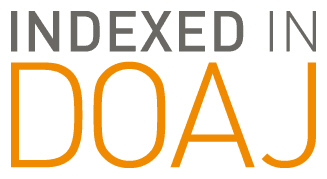Abstract
Creating a viable human services internship program at the community college level presents many challenges, from retaining partner agencies willing to supervise, often inexperienced, beginning students, to retaining students willing to overcome personal, academic, and financial challenges to participate in an internship. These challenges were exacerbated by restrictions placed on in-person teaching and internships during the COVID-19 pandemic. In response, Guttman Community College’s human services program has developed a remote binary internship model that offers fieldwork students the benefits of participating in an internship through online agency-based supervised field placements or class-based asynchronous assignments for fieldwork students that cannot participate synchronously due to pandemic-related challenges. The authors offer a description of a novel approach to internship provision, which was developed to mitigate the pandemic's impact on students completing their internship in human services. This case study provides an analysis of implementation, lessons learned, and recommendations for future research, including evaluation planning. The hope is that this model will offer a roadmap for other human services programs seeking to create robust remote internships that can help students mitigate the challenges of online learning while advancing their training through the field placement internship.
Recommended Citation
Spector, Anya and Kras, Nicole
(2022)
"Supportive Strategies for Human Services Online Internships: A Case Study of Guttman Community College’s Remote Binary Model,"
Journal of Human Services: Training, Research, and Practice: Vol. 8:
Iss.
1, Article 2.
Available at:
https://scholarworks.sfasu.edu/jhstrp/vol8/iss1/2
Included in
Curriculum and Instruction Commons, Online and Distance Education Commons, Other Social and Behavioral Sciences Commons, Scholarship of Teaching and Learning Commons
Tell us how this article helped you.
